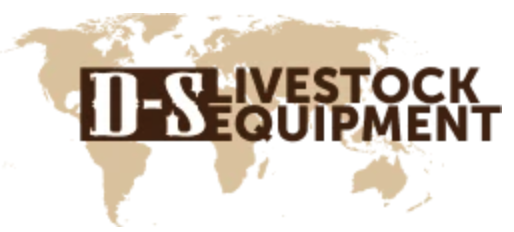Raising Quality Beef To Receive the Greatest Return on Your Investment
If you are looking to raise cattle that can provide high-quality beef for your customers, we have some tips (and livestock equipment) that can give you food for thought. For the best return on your investment, you want your cows to be healthy and happy so they can produce the tastiest beef and milk possible. Here are some tips to help your cows thrive:
1-Quality nutrition: To avoid malnutrition, make sure your soil and feed provide the minerals and proteins your herd needs. Adding salt mixes via mouth or injection can make up for a deficiency. Separating the heifers from the older cows, particularly in the winter can help provide much-needed extra nutrients for your growing heifers.
2-Vaccine protection: A regular vaccine schedule helps prevent diseases while also lessening the need for antibiotics that could be passed on to the meat.
-Pasture feeding: Giving your cows access to pastures for silage and hay helps them produce the most natural and best-tasting beef.
-Legume hay: This hay that is grown for your herd and then cut is essential for their best health. Grown correctly, this hay comes with an ample supply of protein for your cows, having higher concentrations of protein than regular grass hay. Alfalfa is great legume hay and while it is pricier than feeding your cows strictly on pastures, it’s well worth it if you are wanting to supply the best beef for your customers.
NOTE: When it comes to hay, avoid feeding your beef cattle alfalfa that is dairy quality. Its richness is more than your beef cattle require and is one of the costlier options for hay.
At D-S Livestock Equipment located in Frostburg, Maryland, we are pleased to be one of the only providers of hot-dipped galvanized livestock equipment. What does this mean for you? There is no paint and no rust, while also being priced affordably. This means you will be purchasing high-quality equipment, cost-effectively. Whether your cattle operation is in the U.S. or across the world, we can help. Check out our products or call 800-949-9997 for assistance. We also offer financing to help you get the equipment you need now rather than later!
